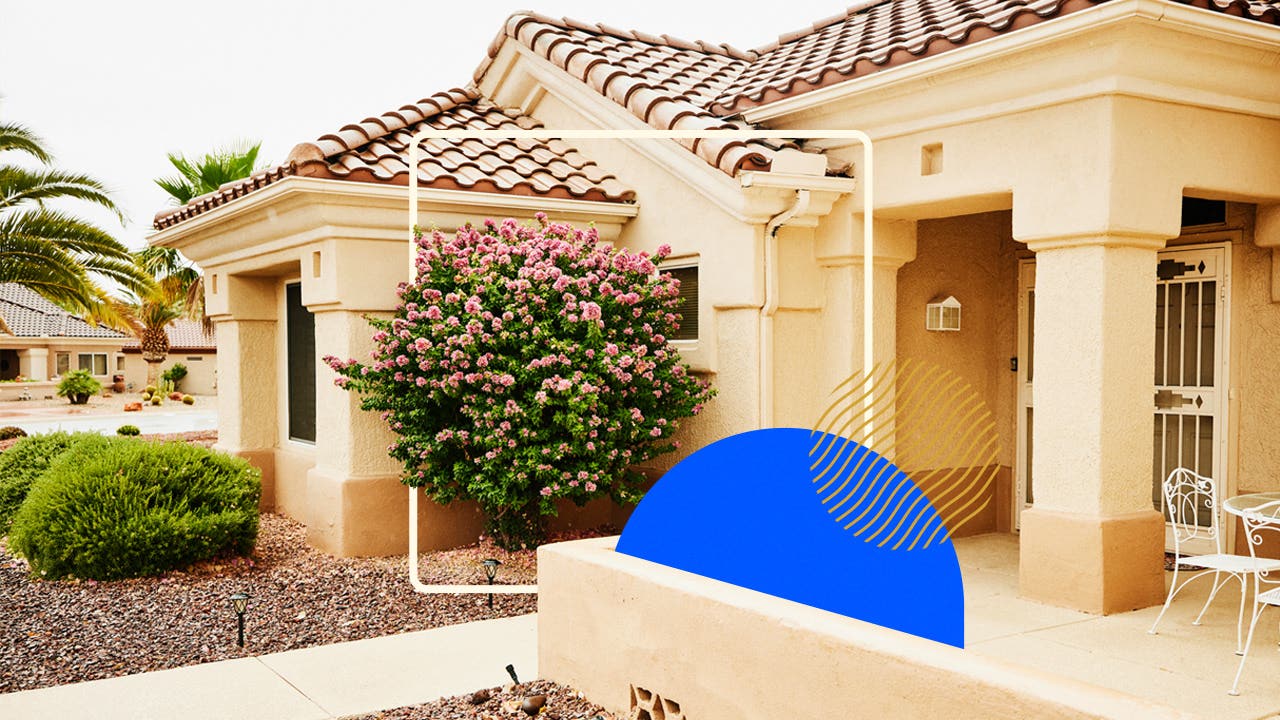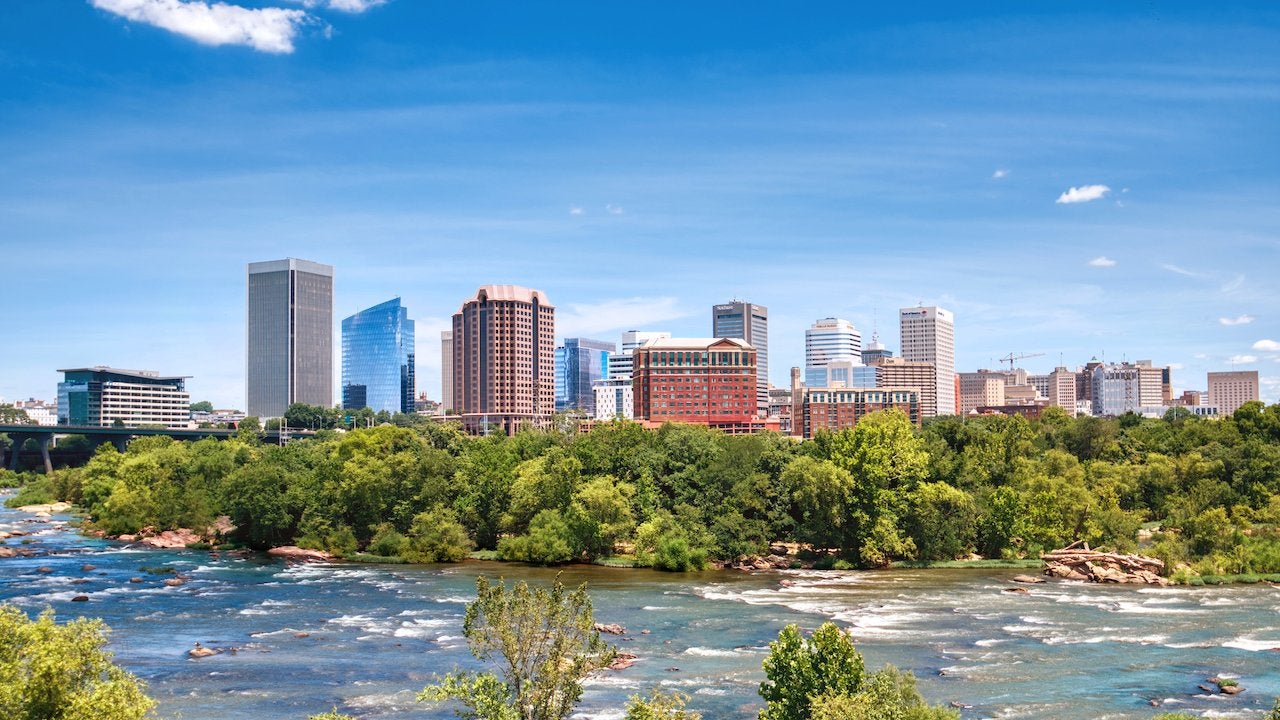Arizona cost of living in 2023

Known for its spectacular mountain ranges and the iconic Grand Canyon, Arizona has become an increasingly popular place to call home in recent years. The state ranked in the top 10 on U-Haul’s Growth States of 2022 index and Maricopa County, where Phoenix is located, has been the largest-gaining county in population in the entire nation for the past two years, according to Census data.
In tandem, housing prices have become more competitive: The state’s median home price of $436,600, per Redfin data, topped the national median of $406,700 in July 2023. By comparison, its median home price in July 2020 was just $311,000.
As real estate here becomes less affordable, will other living costs rise as well? Read on to learn everything you need to know about the cost of living in Arizona in 2023.
What is the cost of living in Arizona?
Calculating the price tags of basic day-to-day expenses is an important part of understanding the cost of living in Arizona. The overall cost of living here is 6 percent greater than the national average, according to data from RentCafe. While the cost of housing is a staggering 20 percent higher, other costs, such as food, utilities and transportation, are much more on par with national averages.
However, these numbers vary greatly by city, both within the state and across the Southwest. For example, Bankrate’s cost of living calculator finds that Phoenix, by far the most populous city in Arizona, is only 4.2 percent more expensive than Las Vegas, but 12.03 percent more expensive than Albuquerque. And while it’s only 0.38 percent more expensive than Tucson, it jumps to 9.82 percent when compared to Flagstaff.
Housing costs
The median price of a house in Arizona is down slightly year-over-year: July’s median of $436,600 is a small 1.7 percent drop from July of 2022. However, trouble could be brewing for the Arizona housing market: On the heels of a housing boom that saw the Phoenix area explode in popularity (and population), the state has curtailed new development due to a water-supply shortage.
The housing picture looks a little rosier for renters. The average rent price in the state in July was $1,619, according to Rent.com data, which is significantly less than the national median rent price of $2,038.
Utility, transportation and grocery costs
According to the MIT Living Wage Calculator, a single adult in Arizona with no children spends an average of $4,686 on food per year. For a family of four, that cost goes up to $13,802.
For transportation, MIT calculates that a single adult with no children spends an average of $5,316 per year, with a family of four spending $14,058. The average cost of gas in Arizona, according to AAA, was $4.337 per gallon in early September, significantly higher than the national average of $3.803.
Electricity usage is also costly in Arizona, perhaps not surprising given the amount of air conditioning it takes to beat the desert heat. According to EnergySage, Arizona residents spend an average of $3,408 per year on electricity, which is 30 percent higher than the average national electric bill.
Taxes
Arizona stands out for its relatively low property taxes. With a property tax rate of 0.6 percent, it ranks 39th out of the 50 states, according to the Tax Foundation. It has a 2.5 percent flat-rate individual income tax and a high sales tax — its combined state and local sales-tax rate of 8.37 percent is the 11th highest in the nation.
Arizona’s job market
Large companies headquartered in Arizona include PetSmart and Banner Health, both based in Phoenix, and Circle K, based in Tempe. Other large employers include Walmart, Amazon and Kroger grocery stores. The state’s unemployment rate was 3.6 percent as of July 2023, according to the U.S. Bureau of Labor Statistics.
Next steps: Moving to Arizona
Ready to move to Arizona? Whether you’re looking at bustling Phoenix, a smaller city like Tucson or Mesa or remote desert beauty, you’ll need an experienced local real estate agent to guide you. The homebuying process can feel confusing and stressful, but a licensed pro can open your eyes to options that meet your needs and budget. Ask friends and family for recommendations, and interview at least three candidates before making a selection. Check reviews online, too.
FAQs
-
The overall cost of living in Arizona is 6 percent higher than the national average, according to data from RentCafe. However, the cost of daily necessities, and especially housing, can vary greatly depending on what part of Arizona you’re looking in.
-
The median home price in the state overall was $436,600 in July, according to Redfin data. However, that price can vary greatly from one Arizona city to another. For example, the median price in Phoenix in July was right on par with the statewide median at $436,824, while in Tucson it was $333,500 and in Yuma it was just $289,000.
Why we ask for feedback Your feedback helps us improve our content and services. It takes less than a minute to complete.
Your responses are anonymous and will only be used for improving our website.
You may also like

How to use your first credit card

How can I sell my house fast in Virginia?

What is the maximum Social Security benefit?



